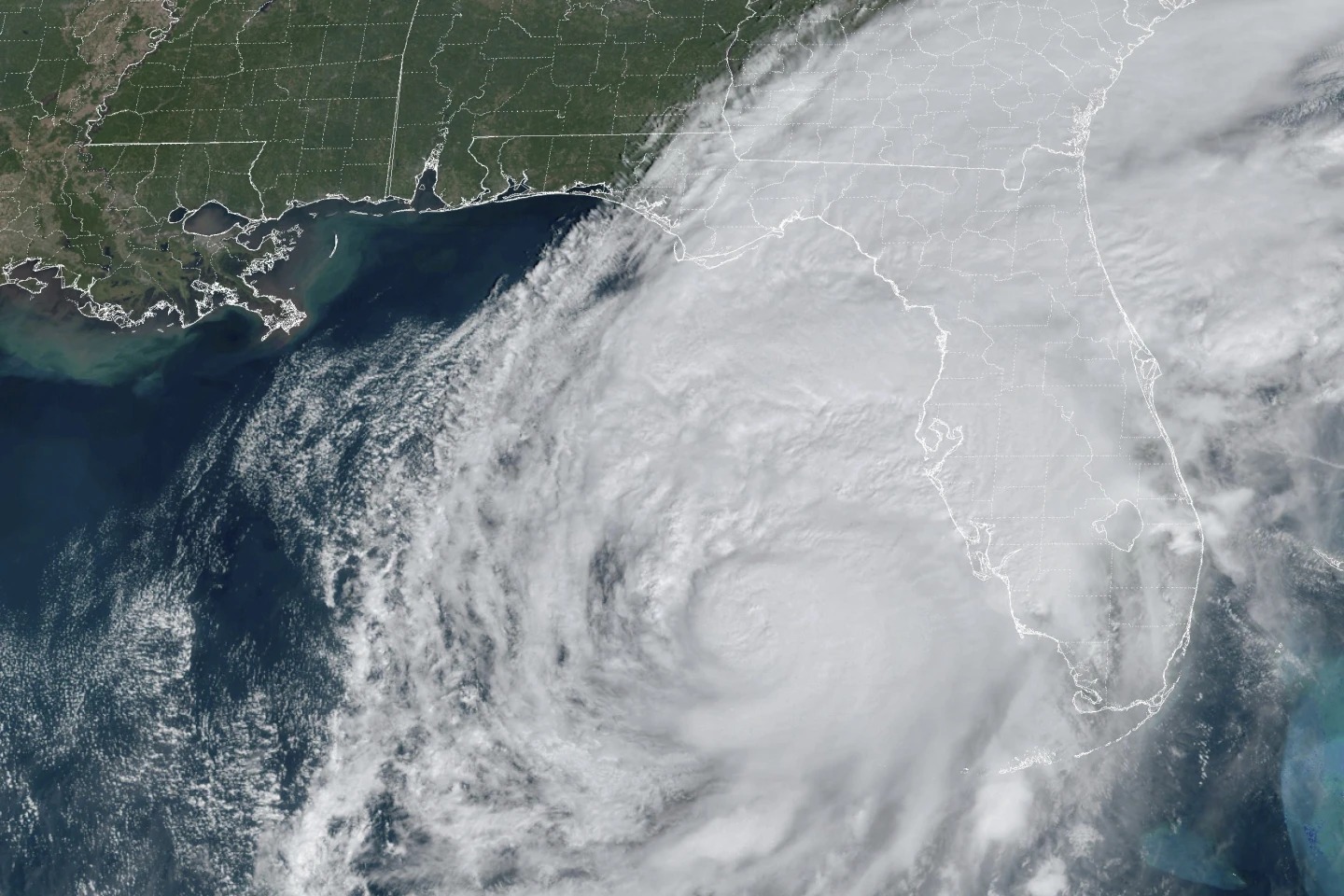
Storm Season Alert: Experts Reveal Critical Hurricane Survival Strategies
In a devastating year for the Sunshine State, Florida endured a catastrophic hurricane season in 2024, with three powerful storms leaving an unprecedented trail of destruction. The combined economic impact of these hurricanes has been staggering, with total damages estimated at a whopping $138 billion. These monster storms ravaged coastal communities, decimated infrastructure, and reshaped entire landscapes, underscoring the increasing intensity of tropical cyclones in an era of climate change. Residents and local authorities are now facing the monumental task of rebuilding and recovery, with the financial toll serving as a stark reminder of nature's destructive potential. The astronomical damage figure highlights the critical need for enhanced disaster preparedness, resilient infrastructure, and comprehensive climate adaptation strategies. As Florida continues to grapple with the aftermath, these hurricanes have exposed the vulnerability of coastal regions to increasingly severe weather events. Emergency management teams, insurance companies, and government agencies are working tirelessly to assess the full extent of the damage and provide support to affected communities. The road to recovery will be long and challenging, but the resilience of Floridians continues to shine through in the face of these unprecedented natural disasters.









